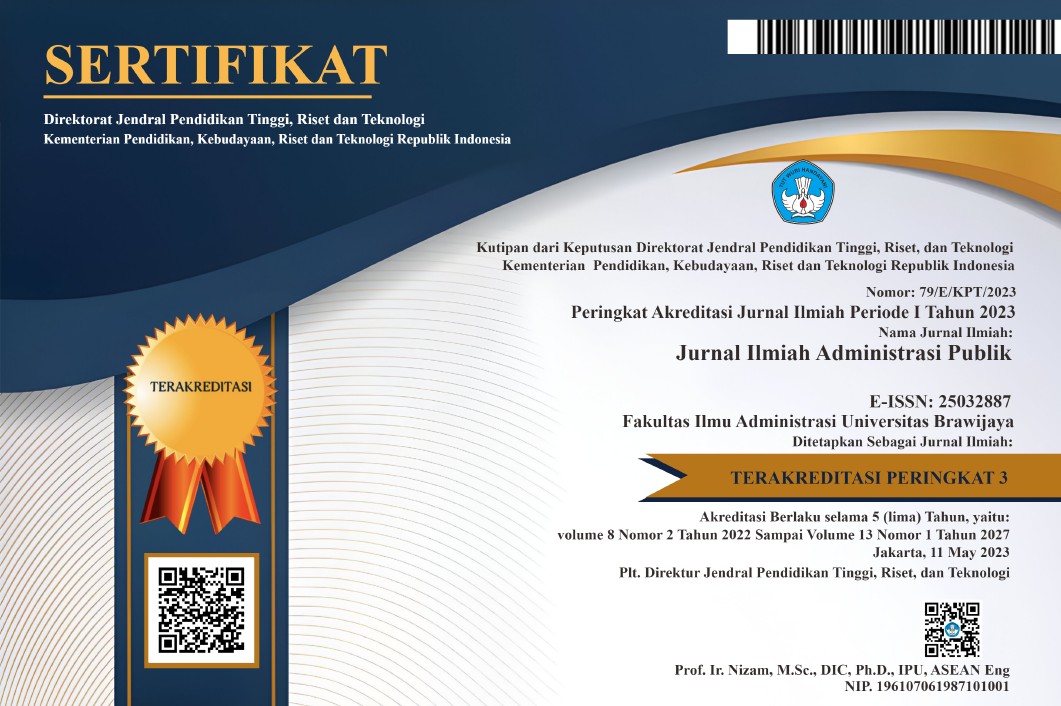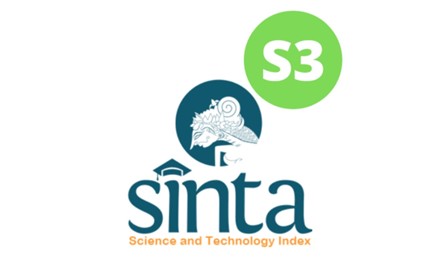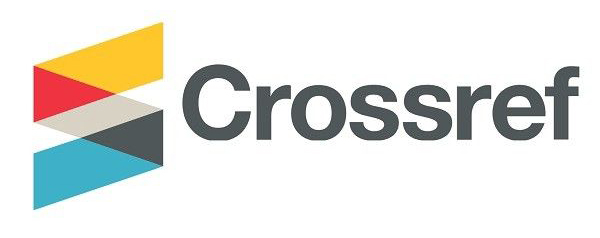Tax Amnesty dalam Perspektif Good Governance
DOI:
https://doi.org/10.21776/ub.jiap.2016.002.04.6Keywords:
tax amnesty, economic policy, good governanceAbstract
The national development aims for the prosperity of all the Indonesia’s people evenly and equitable needs large funding sourced from the major tax revenue. Tax Amnesty Policy is expected to be a driving force to taxpayer’s assets transferred into the country (repatriation) and the declaration of assets without transfer them into the country (declaration of foreign affairs). Implementation of Tax Amnesty in Indonesia is managed to become one of the most successful Tax Amnesty programs in the world. The level of public awareness and compliance with tax obligations during the Tax Amnesty period increased sharply, especially in getting taxes from the taxpayer’s assets abroad (both repatriation and declaration of foreign affairs). Tax Amnesty guarantees a more sustainable state budget. Tax Amnesty also ensures legal certainty in relation amongst the government, private sector, and society to be more transparent, accountable and participatory in an effort to sharpen the State's implementation of good governance.References
Bird, Richard, M. (2015). Improving Tax Administration in Developing Countries. Journal of Tax Administration, Vol. 1:1, p. 25 - 29.
Bose, Pinaki., & Jetter, Michael. (2010). A Tax Amnesty in the Context a Developing Economy. Memphis: Department of Economics, Fogelman College of Business and Econmics, University of Memphis, TN 38152, USA .
Divianto. (2013). Pengaruh Kepatuhan Wajib Pajak Orang Pribadi Terhadap Penerimaan Pajak Penghasilan KPP Pratama Baturaja. Jurnal Ekonomi dan Informasi Akuntansi (JENIUS), Vol. 3 No. 3 September, pp. 320-325. Kemenkeu. (2016). Anggaran Pendapatan dan Belanja Negara Tahun 2016. Dapat diakses pada http://www.kemenkeu.go.id/en/node/47651/ [Diakses 5 Oktober 2016].
Mardiasmo. (2008). Perpajakan. Edisi Revisi 2008. Yogyakarta: Andi Offset.
Cicilia, Sanny. (2015). Tingkat kepatuhan lapor pajak menurun. Dapat diakses pada http://nasional.kontan.co.id/news/tingkat-kepatuhan-lapor-pajak-menurun/ [Diakses 15 Oktober 2016].
Nugroho, Adam Rizky. (2016). Tax Amnesty Indonesia Tersukses di Dunia? Simak Data Berikut Ini. Bareksa [Internet], 5 Oktober 2016. Dapat diakses pada: <http://www.bareksa.com/id/text/2016/09/30/tax-amnesty-indonesia-tersukses-di-dunia-simak-data-berikut-ini/14017/news/> [Diakses 5 Oktober 2016].
OECD. (1993). DAC Orientations on Participatory Development and Good Governance. Paris: OECD.
Owens, Jeffrey. (2015). Promoting Good Tax-Governance in Third-Countries: The Role of The EU, In-Depth Analysis for ECON Committee. European Union, Brussels.
Ragimun. (2012). Analisis Implementasi Pengampunan Pajak (Tax Amnesty) di Indonesia. Jakarta: Litbang Badan Kebijakan Fiskal Kemenkeu RI.
Try. (2016). Serial Tax Amnesty: Infografis Menengok Keberhasilan Tax Amnesty Periode I. CITA [Internet], 5 Oktober 2016. Dapat diakses pada <http://www.cita.or.id/berita/citax/serial-tax-amnesty-infografis-menengok-keberhasilan-tax-amnesty-periode-i/> [Diakses 5 Oktober 2016].
Uchitelle, Elliot. (1989). The Effective of Tax Amnesty Program in Selected Countries. Federal Reserve Bank of New York, Quarterly Review/Autumn, p.48 - 53.
United Nation Development Program. (1997). Participatory Local Governance, Local Initiative Facility for Urban Environment, Management Development and Government Division. New York, UNDP.
UUD Tahun 1945 Pasal 23 A.
UU No. 16 Tahun 2009 Ketentuan Umum dan Tata Cara Perpajakan.
UU No. 11 Tahun 2016 tentang Pengampunan Pajak.
World Bank. (1992). Governance and Development. Washington, DC: The World Bank.
Downloads
Published
Issue
Section
License
If your paper is accepted, the author identified as the formal corresponding author for the paper will receive an email prompting them to login into Author Services; where via the JIAP Author Licensing Service they will be able to complete the license agreement on behalf of all authors on the paper.














